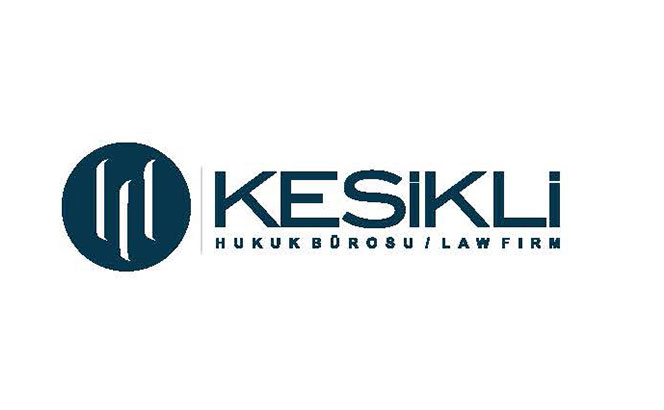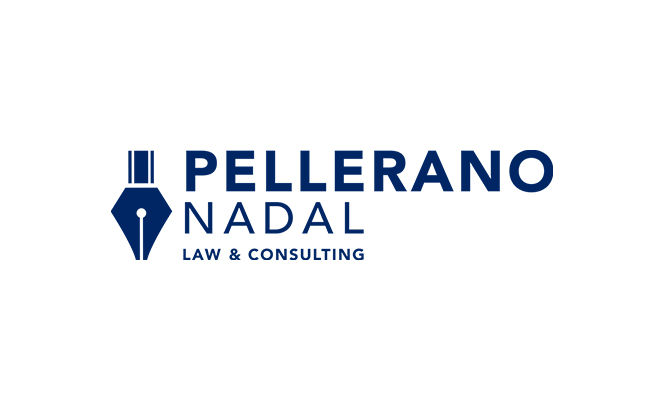
Energy Yearbook 2024 – Editor’s Letter
Welcome to the first-ever Energy Yearbook from Legal 500 and Legal Business. This supplement brings together analysis of the key…

Welcome to the first-ever Energy Yearbook from Legal 500 and Legal Business. This supplement brings together analysis of the key…

At COP28 last year, all parties acknowledged that renewable and low-carbon hydrogen will be an essential factor in meeting global…

Since 2021, the Legal 500 Green Guide has been highlighting the law firms making significant contributions to the green transition…

1. Can you describe your journey into specialising as an energy lawyer in Turkey? What attracted you to the energy…

In 2023 Bulgaria adopted key legislation amendments that are expected to lead to a boom in green energy investments in…

1. What are the primary laws and regulations governing the energy sector in the Dominican Republic? The General Electricity Law…

What made you decide to become a lawyer and why did you choose to go into infrastructure transactions? I chose…

What made you decide to become a lawyer and, once you’d made that decision, why energy? I decided to become…

1. How does the Hungarian regulatory framework govern renewable energy projects, and what are the latest amendments or proposals that…

The Legal 500 energy rankings cover four core areas of the market – mining and minerals; oil and gas; power…

1. Can you describe the current legal framework governing renewable energy in Germany and any significant regulatory developments that have…

For close to two years now, energy sector commentators have spoken of a ‘trilemma’: a struggle to balance the three…

What made you decide to become a lawyer and, once you’d made that decision, why energy? I chose to do…
